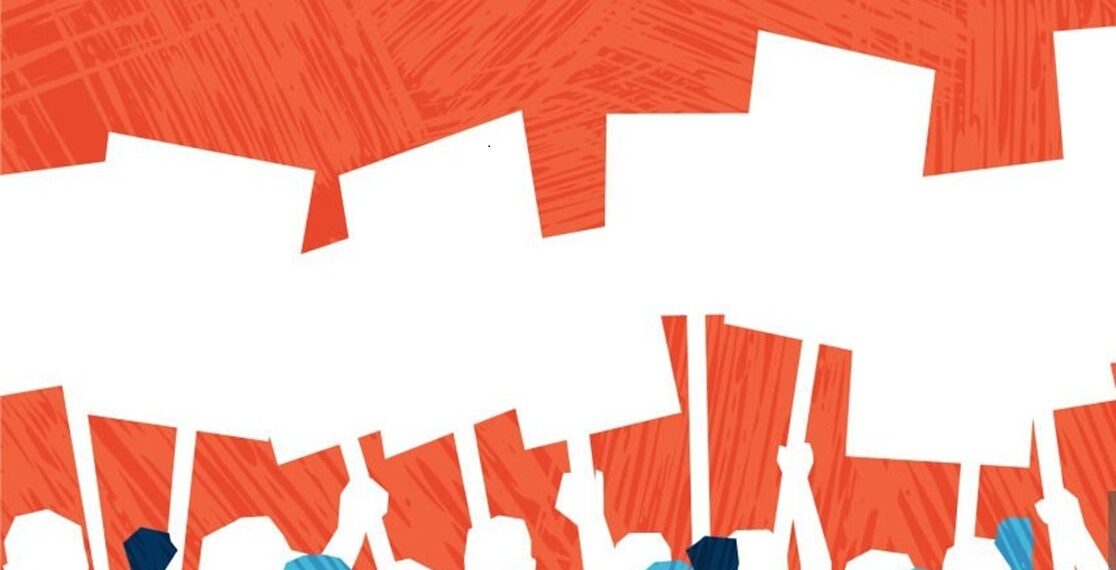New Delhi: Public services across India are likely to be severely impacted on Wednesday as more than 25 crore workers from various sectors—including banking, insurance, postal, coal mining, construction, and transportation—prepare to participate in a nationwide general strike.
The strike, called by a joint platform of 10 central trade unions and their associated federations, is being organised to protest what they describe as the government’s “anti-worker, anti-farmer and pro-corporate policies.”
Farmers’ unions and rural workers have also pledged support, with protests expected in both urban and rural areas.
“This is a unified stand against increasing exploitation and shrinking rights. Over 25 crore workers are expected to join, along with farmers and informal sector workers,” said Amarjeet Kaur, General Secretary of the All India Trade Union Congress (AITUC).
Harbhajan Singh Sidhu of the Hind Mazdoor Sabha warned that essential sectors such as banking, postal services, coal production, public transport, and factory operations are expected to be hit hard by the industrial action.
The trade unions have accused the central government of ignoring workers’ rights and bypassing consultations.
A 17-point charter of demands, previously submitted to Labour Minister Mansukh Mandaviya, remains unaddressed, they said.
These include demands for employment generation, withdrawal of controversial labour codes, and safeguards against privatisation and outsourcing.
The unions allege that the government has not convened the Indian Labour Conference for a decade and is pushing through four new labour codes that dilute protections.
They argue these codes undermine trade union rights, enable longer working hours, weaken collective bargaining power, and shield employers from accountability by decriminalising violations of labour laws.
“The government is dismantling the welfare state structure,” the union platform stated.
“Policies are favouring corporate interests, leading to job losses, inflation, wage stagnation, and cuts in education, healthcare, and essential public services. Inequality is rising, and the poor and middle classes are bearing the burden.”
Criticism was also levelled at the government’s recruitment policies.
Union representatives pointed to rising unemployment among youth and said that retired personnel are being reappointed in critical sectors like Railways, steel, NMDC Ltd, and education, rather than hiring young, qualified candidates in a country where over 65% of the population is under 35.
Demands include filling sanctioned vacancies, expanding MGNREGA workdays and pay, implementing similar job schemes in urban areas, and scrapping the Employment Linked Incentive (ELI) scheme, which they claim only benefits employers.
Union leaders from multiple sectors—including steel, non-coal minerals, state-run enterprises, and government departments—have already issued strike notices.
The Samyukta Kisan Morcha and the joint front of agricultural labour unions have extended their full support, announcing plans for mass mobilisation in rural India.
This will be the latest in a series of nationwide strikes by Indian trade unions, with major protests previously held on November 26, 2020, March 28–29, 2022, and February 16, 2023.















